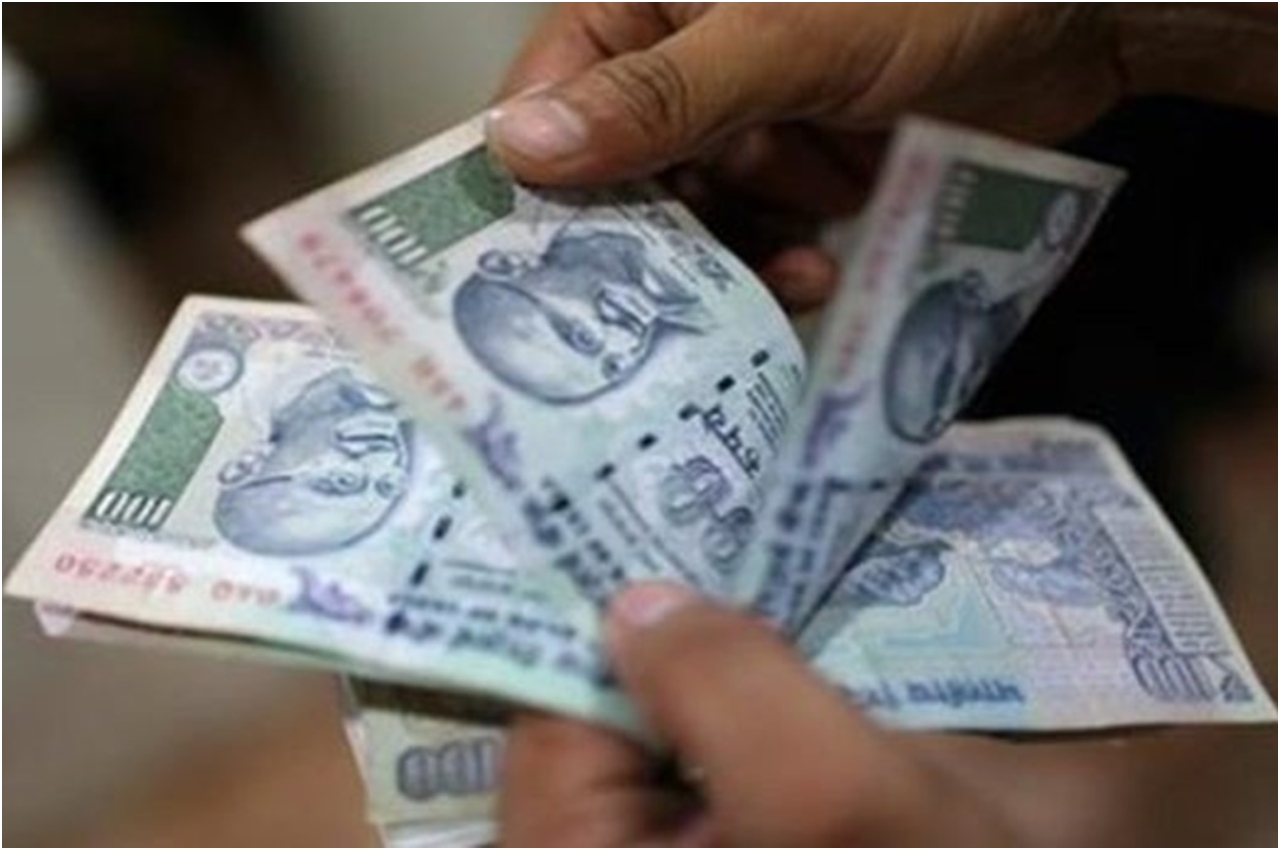New Delhi: Foreign investors continued to have an optimistic outlook on Indian shares after becoming net buyers last month, investing more than Rs 14,000 crore in the first week of August despite a weakening dollar index.
According to data from depositories, this was significantly more than the net investment made by Foreign Portfolio Investors (FPIs) in July, which was close to Rs 5,000 crore.
After nine consecutive months of significant net outflows that began in October of last year, FPIs started to become buyers in July. They sold a staggering Rs 2.46 lakh crore in the Indian equity markets between October 2021 and June 2022.
The worst for the currency appears to be over, and the price of crude oil appears to be constrained in a range, according to Hitesh Jain, Lead Analyst – Institutional Equities, Yes Securities. As a result, FPI flows are anticipated to be positive during August.
“Also, earnings story still remains strong where sturdy revenue growth is offsetting contraction in profit margins,” he added.
Data from depositories show that in the first week of August, FPIs invested a net amount of Rs 14,175 crore in Indian stocks.
The latest market surge has gained strength as a result of the change in FPI strategy.
“The decline in the dollar index from the high of above 109 last month to below 106 now is the principal reason for FPI inflows. This trend may continue,” said V K Vijayakumar, Chief Investment Strategist at Geojit Financial Services.
Global sentiment and risk appetite have also improved as a result of remarks made by Fed Chair Jerome Powell, according to Himanshu Srivastava, Associate Director – Manager Research, Morningstar India.
He continued, “FPIs have been utilising the current slump in the Indian equity markets as a fantastic buying opportunity by hand-picking high quality companies.”
In industries like capital goods, FMCG, construction, and power, FPIs have switched to buying.
Additionally, during the reviewed month, FPIs invested a net total of Rs 230 crore in the debt market.
Srivastava asserts that short-term patterns have mostly been responsible for the flows.
Additionally, the relationship between China and Taiwan is another thing to keep an eye on because escalating hostilities between the two could disturb and increase geopolitical concerns in the area. According to him, this could negatively affect the flows.
Additionally, worries about a US recession are still present. He noted that any aggressive rate hike by the US Federal Reserve or anticipation of one could accelerate capital flight from developing nations like India.













